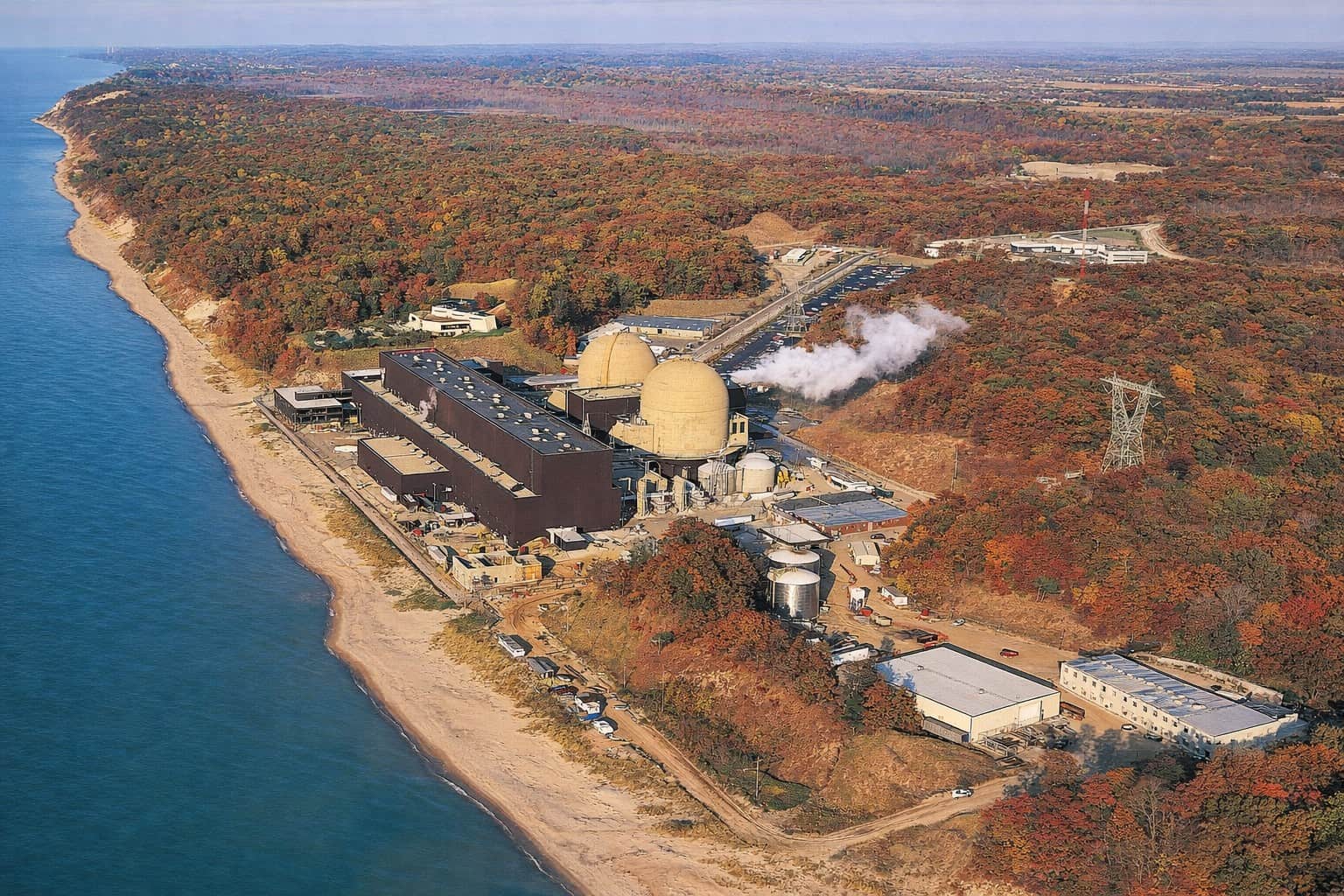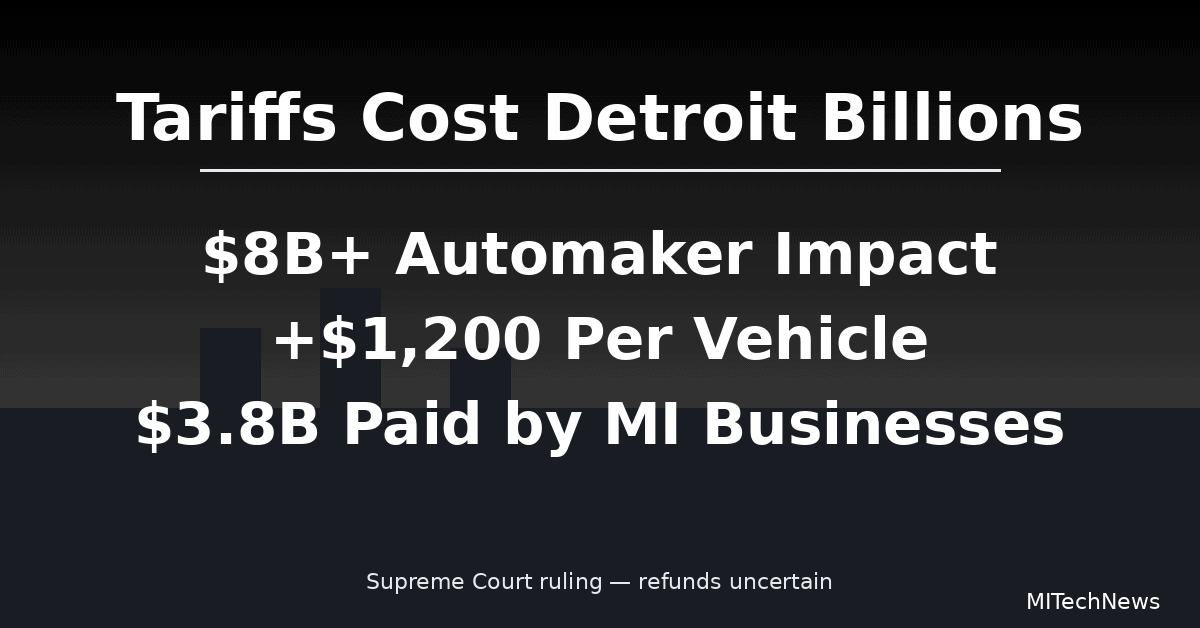WASHINGTON DC – The Biden administration is quadrupling US tariffs on electric vehicles manufactured in China. But Chinese-made cars are still finding their way into a receptive North American market — just to the north.
Canada is seeing a surge of imports of Chinese-made EVs, particularly Tesla Inc. models made in Shanghai. The number of cars arriving from China at the port of Vancouver rose more than fivefold last year, to 44,400, after Elon Musk’s automaker started shipping Model Y vehicles made there.
The situation is drawing howls of protest from some auto-industry players who want Canadian Prime Minister Justin Trudeau to follow the White House and do more to protect the domestic industry.
Canada imposes only a small tariff on Chinese-made vehicles — about 6%. It also allows consumers to tap a federal rebate program when they buy foreign-manufactured EVs. Since Tesla started exporting from its Shanghai factory last year, many purchasers have begun using that incentive.“Here you can buy a Tesla made in Shanghai and get a C$5,000 purchase incentive that is funded by Canadian taxpayers — including the Canadian companies who are competing with Tesla for that vehicle purchase,” Flavio Volpe, president of Canada’s Automotive Parts Manufacturers’ Association, said in an interview.
“We’ve raised this publicly, we’ve raised it privately, everything short of yelling at the moon from the top of a mountain to get somebody to close that door,” he said. “And it’s wide open. It’s noticed in the US.”
Officials with Canada’s transportation department did not reply to requests for comment.
Canada remains a relatively nascent market for Chinese-made vehicles compared with Mexico, where companies including BYD Co. and Anhui Jianghuai Automobile Group Co. have made huge inroads over the past decade with relatively cheap cars. Among Asian countries exporting EVs into Canada, Japan and Korea still dominate.And, as in the US, electric vehicles remain a relatively small part of the Canadian auto market. Canadians registered about 185,000 battery electric and plug-in hybrid electric vehicles last year — an increase of nearly 50% from the year before, but still only 11% of all new vehicle registrations.
The subsidies for purchasers are an attempt to drive that number higher. Trudeau’s government has set an ambitious target — 60% of all new light-duty vehicles sold in the country should be zero-emission by 2030, the government says, and 100% by 2035.
To read more, click on Bloomberg







